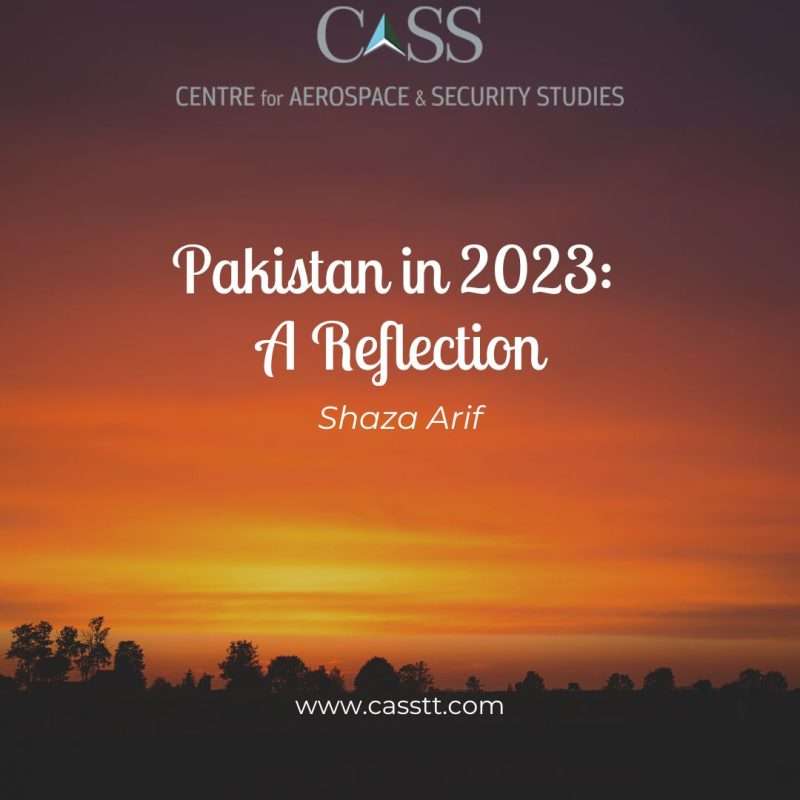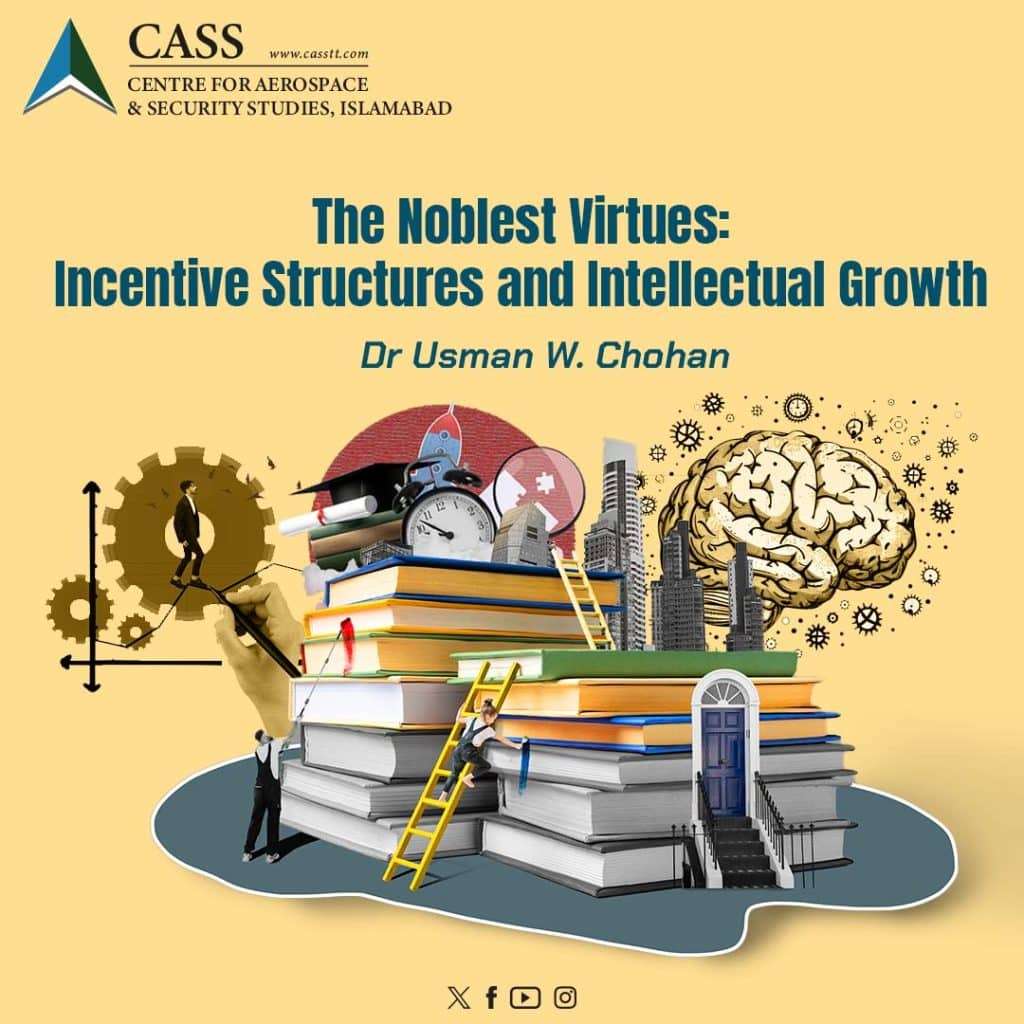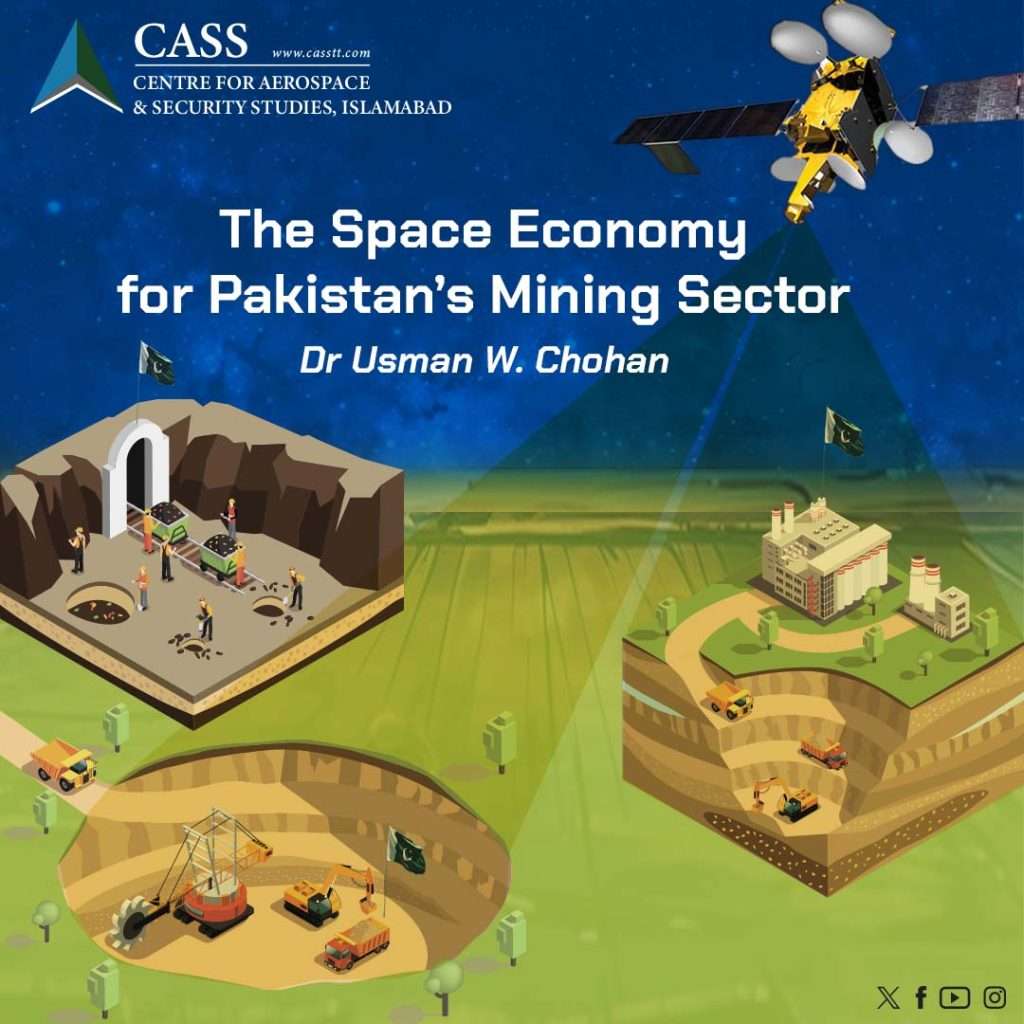Each year in our life marks a significant milestone, serving not only as a measure of time but as an important chapter at individual and collective levels. No episode occurs in isolation; each leaves a profound impact and steers the future course of events. This notion resonates with the famous saying by Socrates that ‘an unexamined life is not worth living’. Echoing his sentiment, it is crucial to reflect upon the journey of our country – Pakistan – to extract important lessons. As we approach the end of 2023, it is time to contemplate the outgoing year.
Despite the challenges faced by our nation last year due to various factors, the onset of 2023 was greeted with a renewed sense of hope. As is customary with every New Year, there was a blend of expectations – some were realized, while many remained largely unfulfilled.
To date, the shadow of political instability from 2022 continues to hover over us. The year started with the dissolution of Punjab and Khyber Pakhtunkhwa provincial assemblies in January, leaving a vacuum given that the remaining two provincial assemblies were not dissolved till August. During this time, there was a notable increase in the rift between political parties, intensifying polarisation throughout the state. While an interim setup was established in August, the nation is waiting to head to the polls – which may provide some hope for stabilising the political arena.
Another concerning development that unfolded this year was the spike in terrorism with the reemergence of groups like Tehrik-i-Taliban Pakistan (TTP). From January to September 2023, a 19% spike was observed in terrorism activities compared to the preceding year. The Barkhan terrorist attack, Peshawar blast, Zhob suicide attack, terrorist attack at the Pakistan-Iran border, and more recently at Gwadar, are a few of the many dreadful incidents which claimed the lives of innocents.
Like the security situation, the economic situation has also been considerably turbulent. Inflation reached unprecedented heights during this period, leading to a significant rise in the prices of essential commodities and services. Public discontent was visible with protests against explosive electricity bills. The situation was further intensified by skyrocketing prices of wheat. The situation became dire as citizens queued to receive free or discounted flour for their families. Tragically, these gatherings turned fatal for some, as multiple individuals lost their lives in stampedes that broke out at the distribution sites.
Compounding these challenges, in just the first half of the year, about 450,000 citizens emigrated, seeking better opportunities abroad. Simultaneously, the standing of our passport remained stagnant, continuing to be ranked as the fourth-worst globally for the third consecutive year, reflecting the persistent difficulties faced by our nation.
To be fair, even cricket brought its share of disappointment as the national team’s performance in the ICC World Cup 2023 fell way short of expectations. The combination of rain, missed catches, and sheer bad luck together halted Pakistan’s journey in the tournament, making the green shirts unable to make it even to the semi-finals.
The last quarter of the year witnessed events in the Middle East that profoundly shook the entire nation, as the brutality inflicted on the Palestinians by Israeli forces unfolded on our screens. What is happening in Gaza is causing extreme heartache and anguish, particularly resonant due to the shared bond of the Muslim Ummah with the Palestinian people.
While Pakistan’s trajectory appears to mirror the principles of the Second Law of Thermodynamics, which states that the entropy, or disorder, in a system invariably rises or remains stable but never diminishes, fate isn’t entirely cruel. Amidst these trials and tribulations, there were moments of joy and achievement that offered a glimmer of hope and a reason to celebrate.
The year commenced with the country co-hosting the ‘International Conference on Climate Resilient Pakistan’, raising over USD 9 billion for flood recovery. Likewise, the Pakistani Rupee has shown relative improvements in the recent months, with the current standing at PKR 285 against USD (November). The Pakistan stock exchange rose to an all-time high – crossing the 53,000 barrier in the first week of November.
On the sports front, Pakistan won the World Junior Squash title after 37 years, with Hamza Khan’s victory in a thrilling match in Melbourne. Pakistani women proved their mettle in several fields, with cricketer Nida Dar making history by becoming the highest wicket-taker in women’s T20. Naila Kiyani became the second Pakistani woman to summit Mount Everest. An eight-year-old girl Ayra Adil, won a Gold Medal in the International Open Karate Championship. Interestingly, onboard Virgin Galactic’s VSS Unity space, Namira Salim became the first Pakistani to reach space, marking a new milestone in the frontier. Likewise, Pakistan’s efforts in education were highlighted as Sister Zeph, known for her unwavering efforts in providing free education, won the distinguished Global Teacher Prize 2023, organised by UNESCO. These events were a source of pride for the whole nation.
As 2023 draws to a close, it is essential for us to engage in deep and objective reflection on the past months. There is no doubt that Pakistan has endured a tumultuous journey this year, marked by enduring difficulties. Yet, as we stand on the threshold of 2024, it is crucial to nurture a resilient sense of hope, holding onto the belief that brighter days lie ahead. There is a beautiful phrase in Surah Al-Imran, verse 140 that says, ‘And these days [of varying conditions] We alternate among the people’. The verse reflects the alternations of high and low phases in the cycle of life. Hence, in the face of apparent despair, we must remain steadfast and optimistic. It is our paramount responsibility to contribute positively in whatever capacity we possess, dedicating our efforts towards the betterment of our beloved homeland. As Faiz Ahmed Faiz eloquently expresses in one of his celebrated couplets:
لمبی ہے غم کی شام مگر شام ہی تو ہے
The dusk of sadness is long, but’s it’s just a dusk, that’s all.
Shaza Arif is a Research Assistant at the Centre for Aerospace & Security Studies
(CASS), Islamabad, Pakistan.The article was first published in The News International. She can be reached at: cass.thinkers@casstt.com.
Design Credit: Mysha Dua Salman





